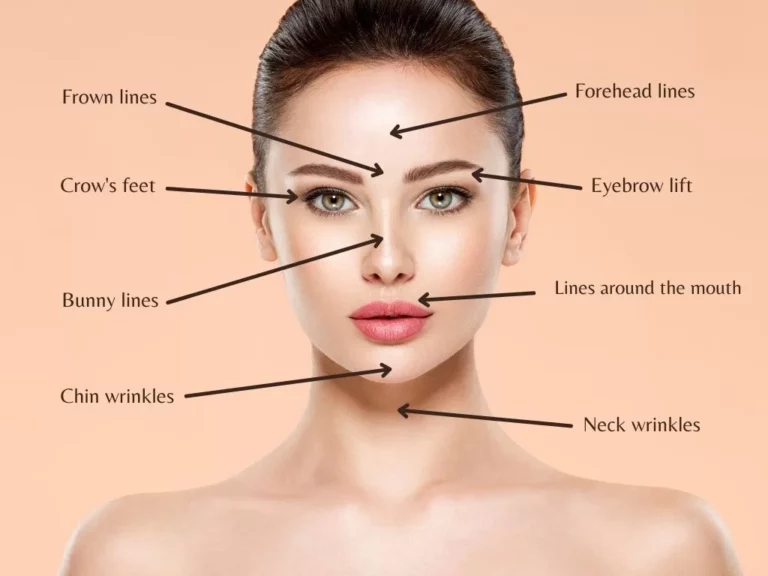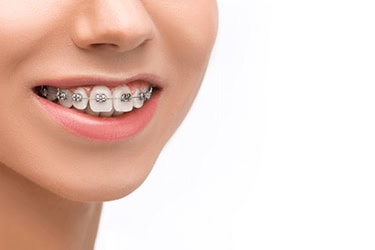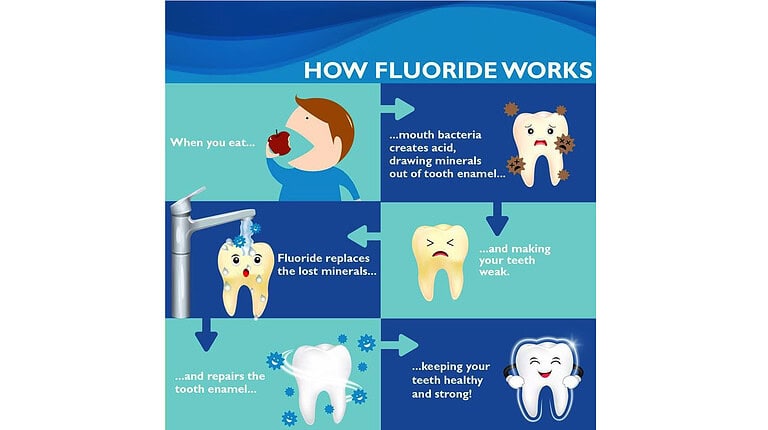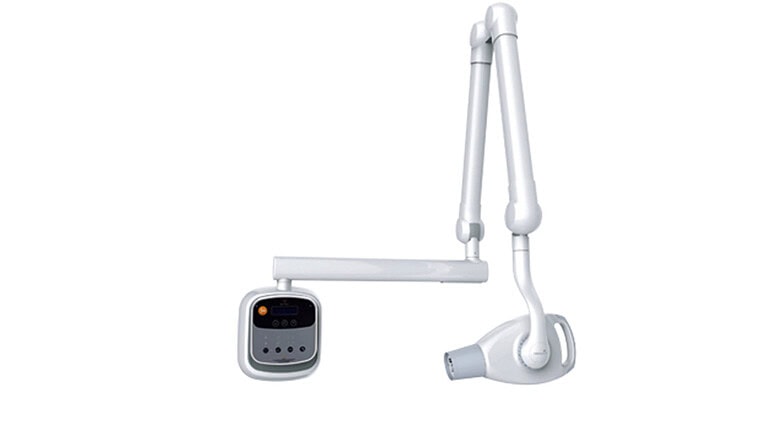Do Braces Affect Speech? Common Speech Issues and Solutions
Welcome to the Optident Dental Clinic blog, where we provide valuable insights into the world of orthodontic care. If you’re considering or currently undergoing orthodontic treatment with braces, you might have wondered, “Do braces affect speech?” It’s a common question, and in this comprehensive guide, we’ll explore the relationship between braces and speech, common speech issues that may arise, and practical solutions to ensure clear and confident communication throughout your orthodontic journey.
1. The Impact of Braces on Speech
Braces are primarily designed to correct dental misalignments, but they can temporarily affect speech due to the introduction of foreign objects in the mouth. The most common speech changes associated with braces include:
Speech Impediments: Some patients may experience difficulty pronouncing certain sounds, particularly those involving the tongue’s movement against the teeth.
Lisp or Whistling Sounds: The presence of brackets and wires can cause lisping or whistling sounds during speech, especially in the initial days of wearing braces.
2. Common Speech Issues
Lisping
Cause: Lisping occurs when the tongue doesn’t make proper contact with the front teeth due to the presence of braces.
Solution: Practice speech exercises, work with a speech therapist if needed, and be patient as your tongue adjusts to the new oral environment.
Difficulty with Sibilant Sounds (S, Z)
Cause: Brackets and wires can interfere with the tongue’s movement for sibilant sounds like “s” and “z.”
Solution: Enunciate these sounds carefully, focusing on tongue placement. Over time, you’ll adapt to produce these sounds clearly.
Whistling Sounds
Cause: Gaps or spaces between brackets and wires can lead to whistling sounds during speech.
Solution: Communicate with your orthodontist at Optident Dental Clinic to adjust or reposition any problematic braces that may be causing whistling.
Discomfort or Pain
Cause: Discomfort from braces can affect speech as patients may hesitate to move their mouths freely.
Solution: Follow your orthodontist’s recommendations for managing discomfort. Over-the-counter pain relief can help, and as you become accustomed to braces, speech will improve.
3. Strategies for Clear Speech with Braces
Speech Exercises
Work with a speech therapist or practice speech exercises at home to improve pronunciation and tongue control.
Slow and Clear Articulation
Speak slowly and clearly, especially when dealing with words or sounds that are challenging due to braces.
Hydration
Staying well-hydrated can prevent dry mouth, which may exacerbate speech difficulties.
Patience and Persistence
Understand that it’s normal to experience speech changes initially. With practice and patience, most individuals adapt and regain clear speech.
4. Communication with Your Orthodontist
Maintain open communication with your orthodontist at Optident Dental Clinic throughout your treatment. They can make necessary adjustments to your braces or provide guidance to address speech issues promptly.
Conclusion
While braces can affect speech temporarily, it’s important to remember that these challenges are typically short-lived. With patience, practice, and support from your orthodontist, you can maintain clear and confident communication throughout your orthodontic treatment journey. The end result — a beautifully aligned smile — is well worth the minor speech adjustments along the way. If you have any concerns about your speech during braces treatment, don’t hesitate to reach out to the experts at Optident Dental Clinic for guidance and support.






